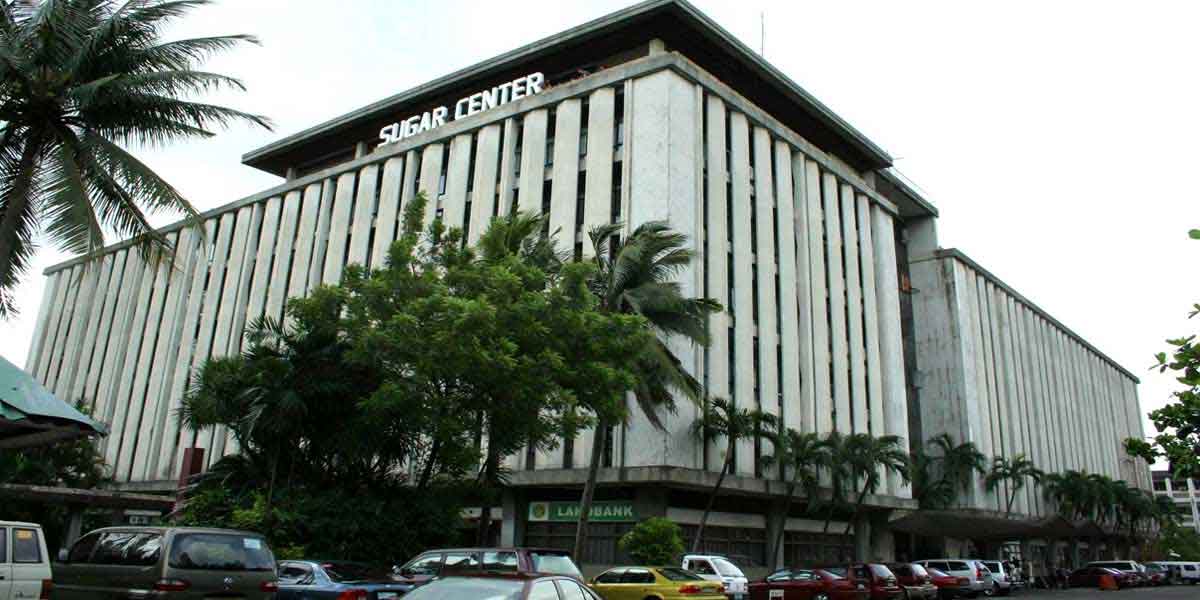As chair of the National Price Coordinating Council, the Department of Trade and Industry (DTI) is coordinating with the Philippine Chamber of Food Manufacturers, composed of manufacturers and retailers of basic necessities and prime commodities (BNPC), to guarantee timely and constant replenishment of goods particularly in the typhoon-affected areas.
After the onslaught of Typhoon Paeng, the DTI is continuously conducting intensified monitoring of prices and supply of BNPCs and ensures the submission of daily situational monitoring reports from its provincial and regional offices.
“The prices and supply of basic necessities and prime commodities are generally stable based on the latest nationwide situational report,” Trade Secretary Fred Pascual underscores.
Pascual added “We remind businesses and traders to comply with the price freeze on basic necessities on areas under state of calamity.”
Under Republic Act No. 7581, or the Price Act, as amended, prices of basic necessities (BN) are automatically frozen at their prevailing prices for 60 days once a State of Calamity (SOC) is declared in an area, unless sooner lifted by the President.
The DTI monitors BN products under its purview such as canned fish, locally manufactured instant noodles, bottled water, bread, processed milk, coffee, candles, laundry soap, detergent, and salt.
Meanwhile, other implementing agencies under the Price Act ensure price stability and availability of supply for the products under their jurisdiction.
The Department of Agriculture (DA) is in charge of rice, corn, cooking oil, fresh, dried and other marine products, fresh eggs, fresh pork, beef and poultry meat, fresh milk, fresh vegetables, root crops, sugar, and fresh fruits while the Department of Health takes care of essential drugs.
Consumers are encouraged to report retailers, distributors, and manufacturers that sell basic necessities above their prevailing prices via One-DTI (1-384) Hotline or email, ConsumerCare@dti.gov.ph.



















